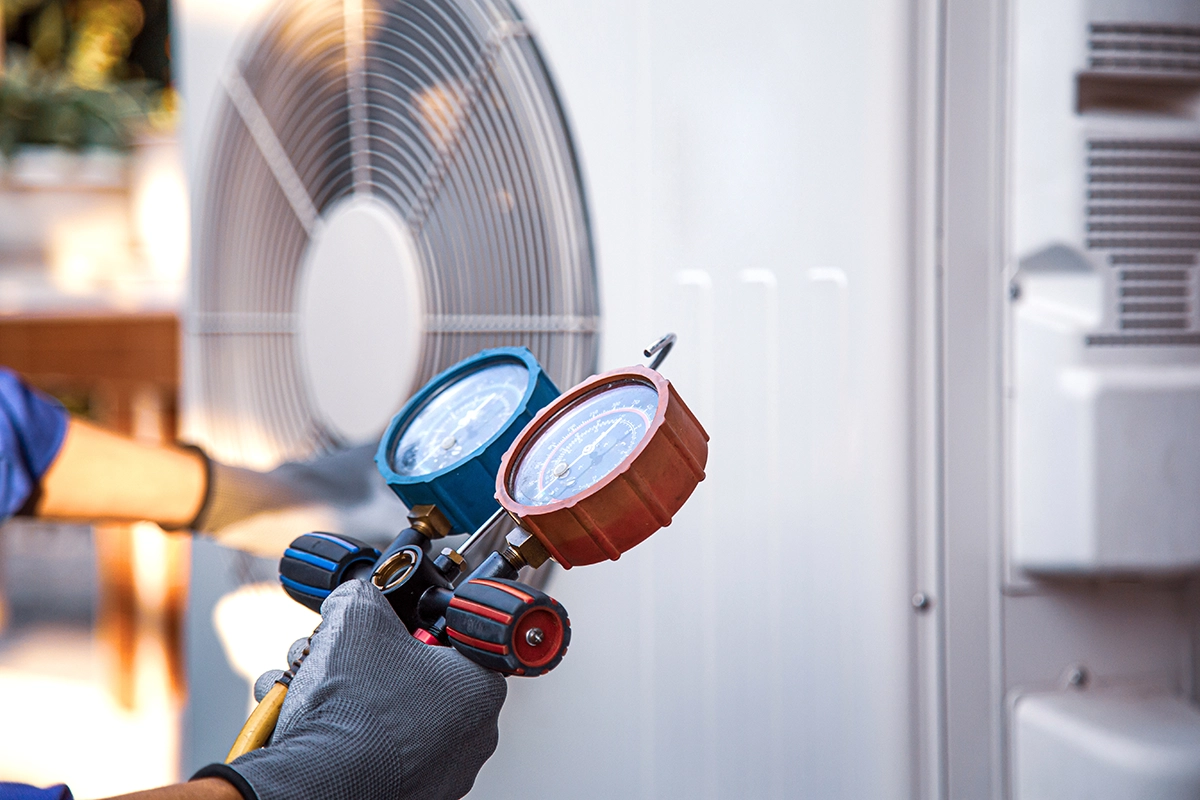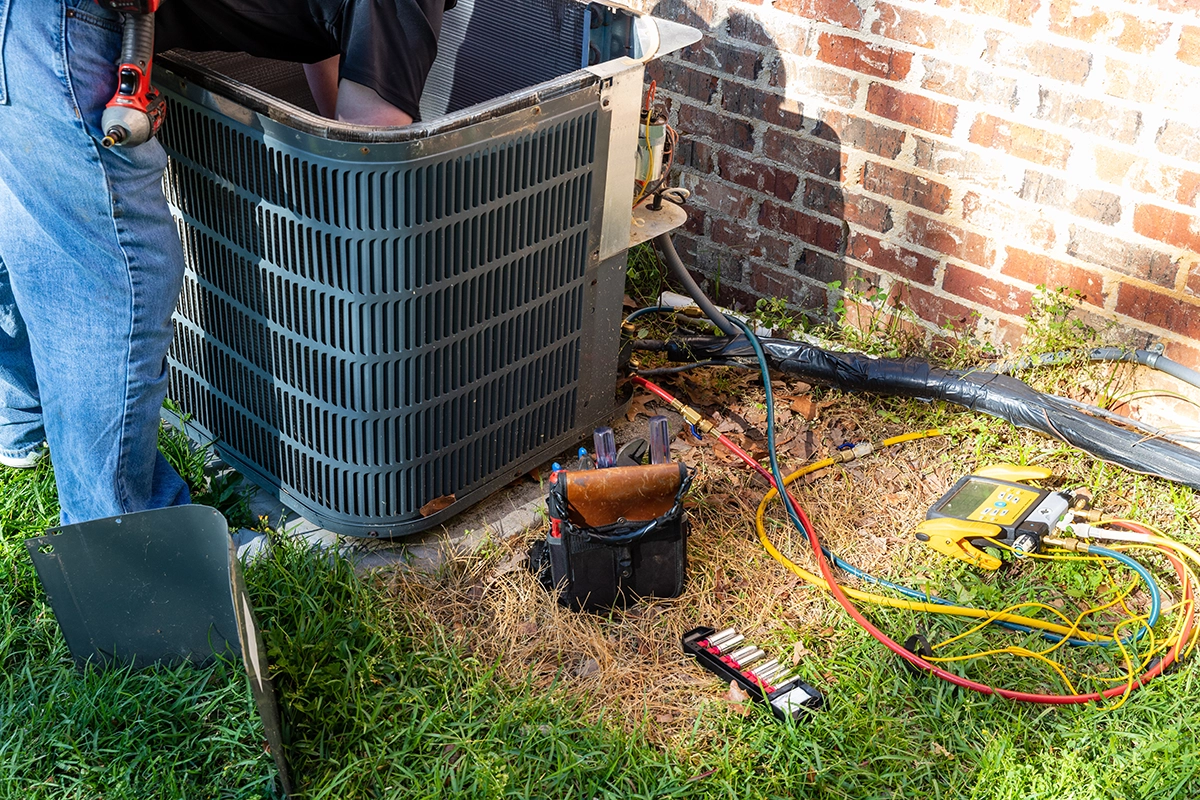When summer hits Hemet, CA, the last thing anyone wants is an unreliable air conditioner. Yet, one of the most common issues I come across during local service calls is a failing compressor. Homeowners often ask me, “how do I know if my AC compressor is bad?” It’s a great question—because catching the signs early can help you avoid a full system breakdown.
At Good Hope Air Conditioning & Heating, we’ve helped countless Hemet residents diagnose this exact issue. Let’s walk through the most common symptoms so you can stay ahead of costly repairs.
Weak Airflow or Warm Air? Your Compressor Might Be Struggling
If your vents are pushing out warm air—or the airflow feels weak—don’t ignore it. Often, this is one of the first signs that your compressor is starting to fail. While other issues can cause weak airflow, a bad compressor is a strong possibility, especially if the system runs but doesn’t cool.
How Do I Know If My AC Compressor Is Bad? Check for These Noises
In many cases, your ears can give you a clue. A healthy AC unit should run relatively quietly. But if you hear grinding, rattling, or screeching noises from the outdoor unit, something’s definitely off.
Sometimes, it’s a worn bearing. Other times, it’s the motor seizing up. Either way, strange sounds are a signal you shouldn’t overlook.
Tripped Breakers Can Point to Compressor Trouble
Your breaker panel can offer more insight than you’d expect. A bad compressor may draw too much power and trip the breaker repeatedly. If you reset it and it keeps tripping—especially on hotter Hemet days—that’s not something to ignore. Overheating components and electrical issues are serious red flags.
When this happens, give us a call at Good Hope Air Conditioning & Heating. We’ll safely assess what’s going on.
How Do I Know If My AC Compressor Is Bad? Look at the Outdoor Unit
Here in Hemet, dust and debris can easily collect around your outside AC unit. If the fan isn’t spinning or the unit looks frozen or unusually quiet, it could be the compressor.
However, before jumping to conclusions, check the thermostat, filters, and circuit breakers. Sometimes, it’s a simple fix. But if all those look fine and your system still won’t cool, your compressor may be the culprit.
Vibration or Shaking? That’s Not Normal
If the outdoor unit vibrates or shakes when starting up, that’s a sign of internal damage. A struggling compressor can cause the whole unit to shudder before failing completely. Call for service right away if you notice this—waiting could make things worse.
Ice on the Coils? Another Warning Sign
You may think ice is a good thing in the heat—but not when it’s on your coils. Ice buildup can point to low refrigerant, poor airflow, or yes, a failing compressor. If the ice returns even after thawing, it’s time for a deeper inspection.
How Do I Know If My AC Compressor Is Bad in Hemet’s Summer Heat?
When temperatures rise in Hemet, your AC works harder than ever. If it runs longer but cools less, your compressor might be struggling to keep up. It’s a common call I get during our hottest months, especially in older homes or systems overdue for maintenance.
Call Early to Avoid Total Failure
Here’s the thing—compressors rarely fail without warning. If you’re asking yourself how do I know if my AC compressor is bad, then chances are, you’ve already noticed a few warning signs. Don’t wait until the unit shuts down completely.
Instead, schedule an inspection while your system is still running. We’ll check the compressor, refrigerant levels, and electrical components before recommending next steps.
Final Thoughts: How Do I Know If My AC Compressor Is Bad?
From strange noises and tripped breakers to weak cooling and ice buildup, the signs are there if you know where to look. If you’ve been wondering if your AC compressor is bad, the best move is to get it checked out—before it stops working altogether.
For fast, reliable AC repair in Hemet, call Good Hope Air Conditioning & Heating today. We’re here to keep your system running strong when the heat kicks in.




